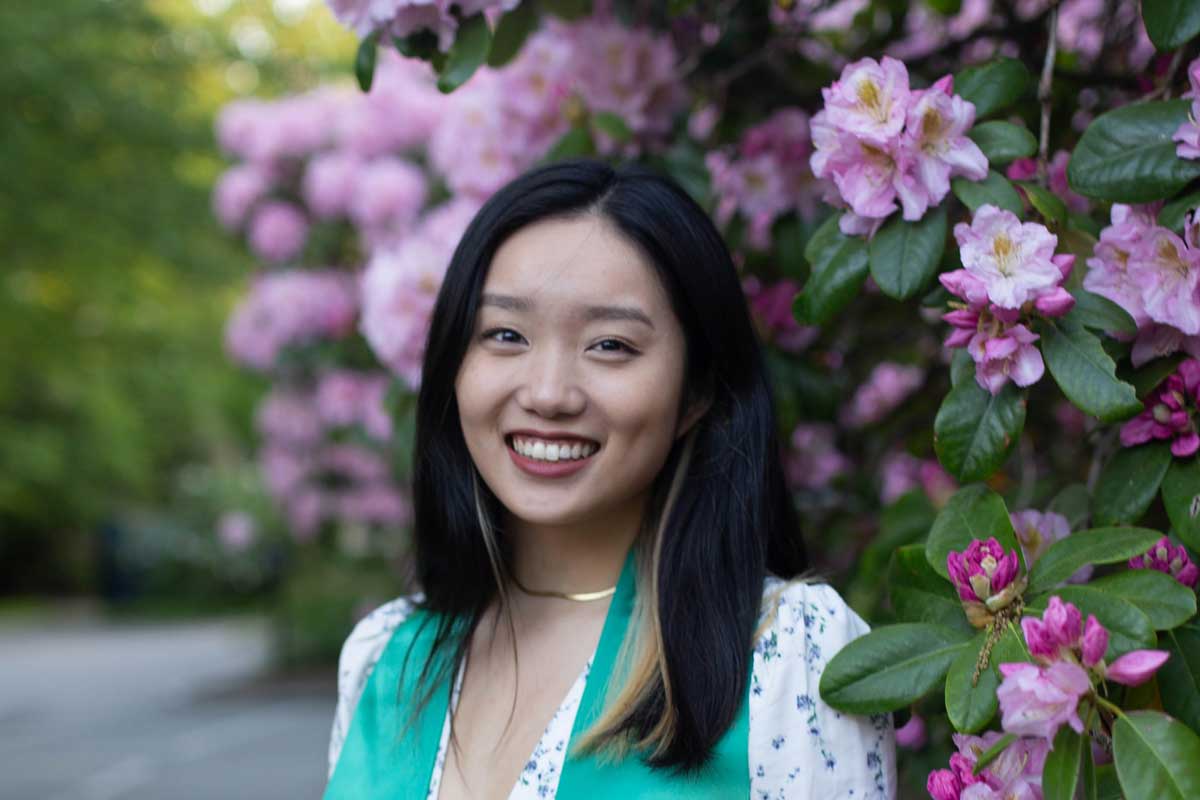
Last fall, as the COVID-19 pandemic continued to wreak havoc in the U.S. and across the world, the class of 2021 carried on attending Wellesley but in a fragmented way for our senior year. We attended our remote classes on Zoom and connected with friends through FaceTime or other forms of social media. And without really any choice, our entire lives had become entirely dependent on social technology.
I was fortunate enough to become a research assistant at the beginning of my senior year at the Wellesley Centers for Women in the Youth, Media & Wellbeing Research Lab under Dr. Linda Charmaraman. This position gave me the opportunity to reflect upon the tumultuous year and how we have used forms of social media to build community, stay connected, and engage in civic participation. Not only does this apply to college students and working professionals, but also particularly to younger generations. In fact, youth are known to researchers as the current defining users of social media. Yet there is a lack of research on how racial minority adolescents, in particular, may be affected by digital technologies and social media use. This is where the Youth, Media & Wellbeing Lab steps in.
Social media is often a safe space for adolescents of color, and rather than forcing them to spend less time on it or to spend more time on educational sites, we should instead encourage them to learn about healthy social media behaviors...
Thanks to Dr. Charmaraman and the lab, I was given the opportunity to present at my first conference (albeit virtually) on our mixed-methods study that examined how adolescents of color access and use social media for self-care, motivation, and wellbeing. Through reviewing previous research, I learned about the drawbacks of frequent social media usage: There are a number of studies that point to an increase in mental health concerns for adolescents due to cyberbullying, feeling left out, and peer pressure. Yet social media is often a safe space for adolescents of color, and rather than forcing them to spend less time on it or to spend more time on educational sites, we should instead encourage them to learn about healthy social media behaviors—for example, teaching them about risky behaviors and “internet friends” while encouraging them to use social media to connect with friends.
Along with other members of the lab, I am currently working on a paper that focuses on the effects of the COVID-19 pandemic and social media usage on adolescents’ mental health. Given that we continue to stay somewhat socially isolated and forced to live with uncertainty, mental health has become a popular topic, more than ever before.
Without a doubt, working in this lab has laid the foundation for my understanding of social science research and academia...
I have enjoyed applying the knowledge and frameworks from the classes I’ve taken to the research at the Youth, Media & Wellbeing Lab. I’ve also enjoyed how the research topics move with the times we’re in, to stay relevant. Through this position, I was able to learn and refine my research skills, such as conducting literature reviews and using qualitative and quantitative data analysis methods. Dr. Charmaraman is also an incredible and passionate researcher and mentor. Although she is often busy on various projects and mentors a number of students, she makes time to get to know each student in her lab individually and makes an effort to assign them work particular to their interests.
Prior to joining the lab, as a Neuroscience and Women’s and Gender Studies double major, I struggled to find interdisciplinary opportunities where these areas of interest intersect. Without a doubt, working in this lab has laid the foundation for my understanding of social science research and academia, which was helpful during my job search as well as preparation for future postgraduate studies. I wish I had become involved with the Youth, Media & Wellbeing Lab earlier during my time at Wellesley, but I am eternally grateful for getting the opportunity to work in such a wonderful space among incredible and inspiring people.
Emily Zhai is a member of the Class of 2021 at Wellesley College and graduated with a degree in Neuroscience and Women’s & Gender Studies. She worked part-time as a research assistant at the Youth, Media & Wellbeing Research Lab from fall 2020 to spring 2021. She now works as a clinical research coordinator at the Stanford Center for Precision Mental Health and Wellness in California.


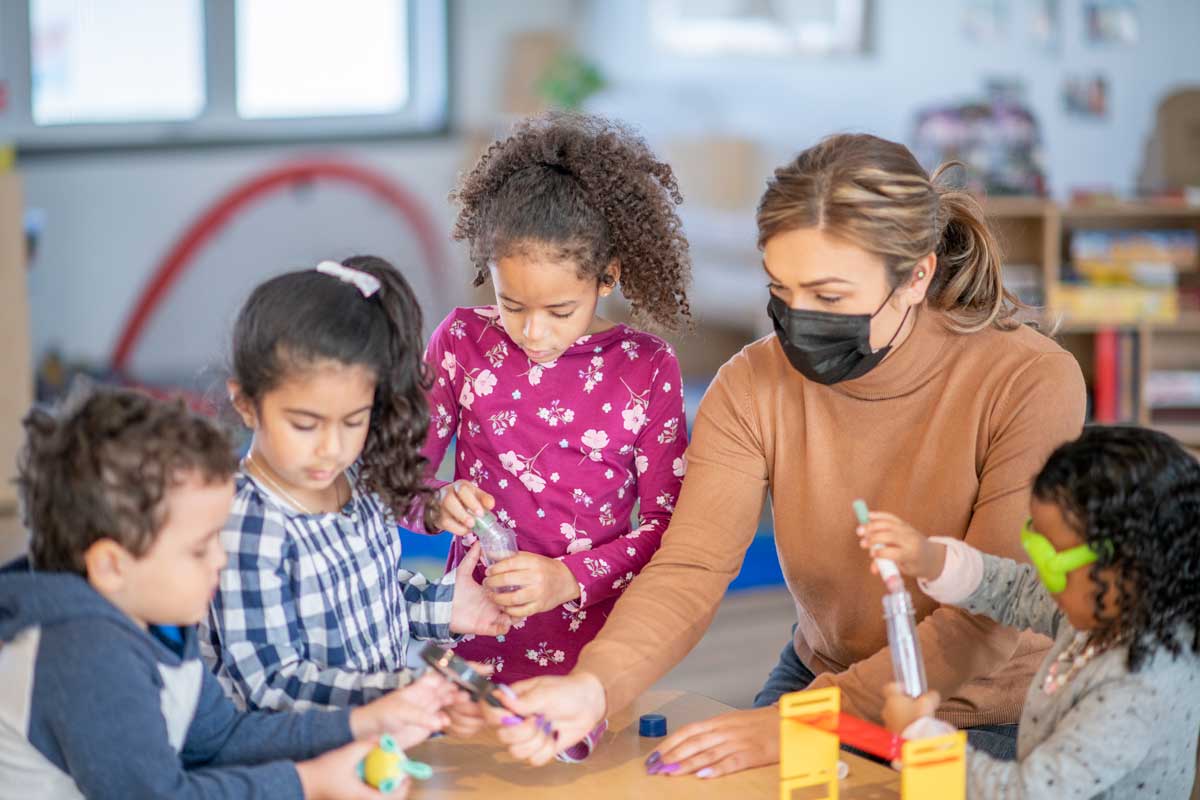
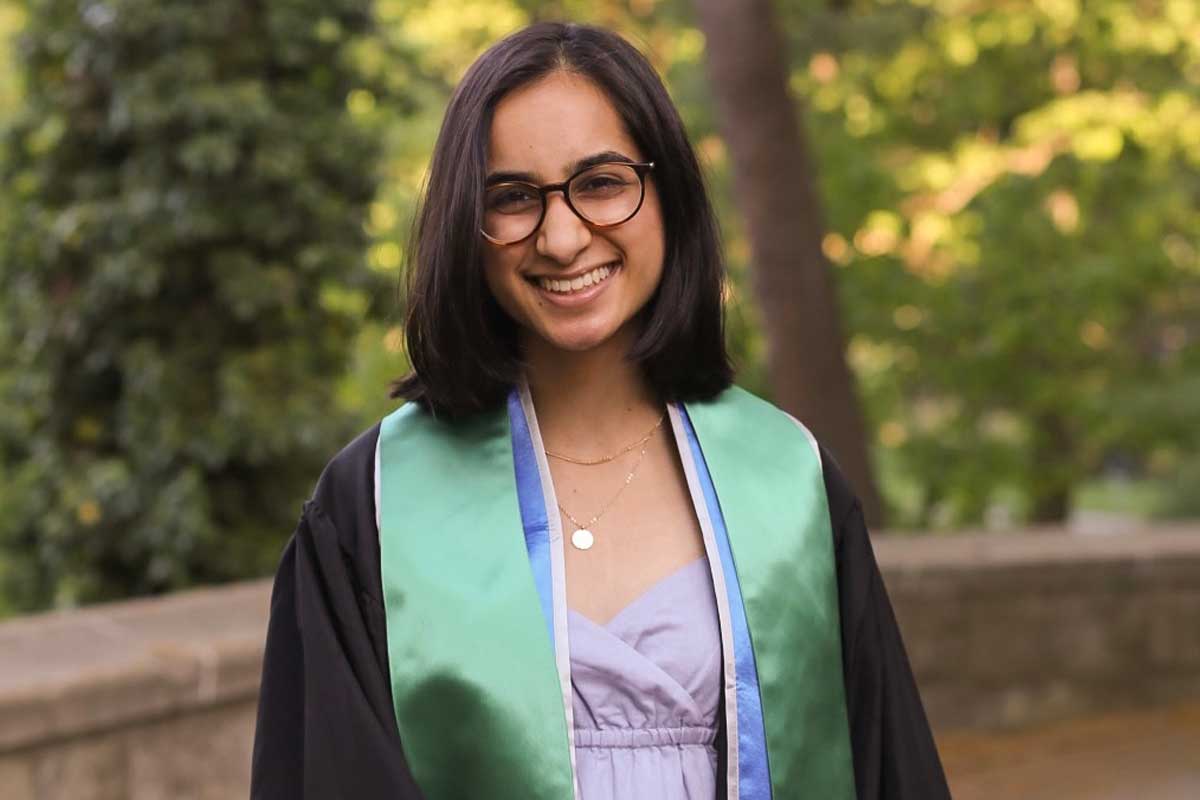
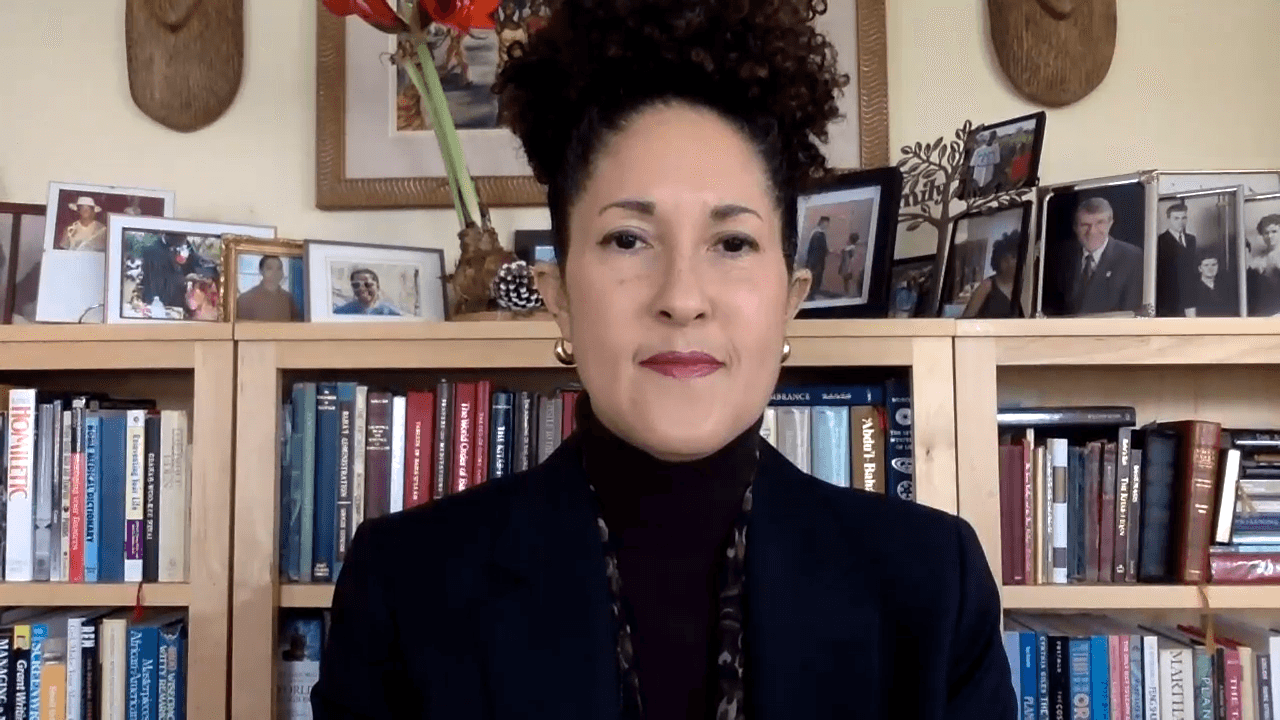
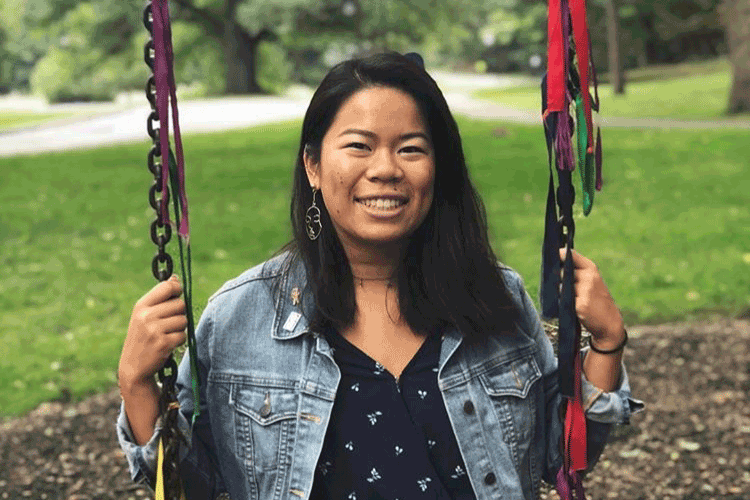 I spent the past semester working with Professor
I spent the past semester working with Professor 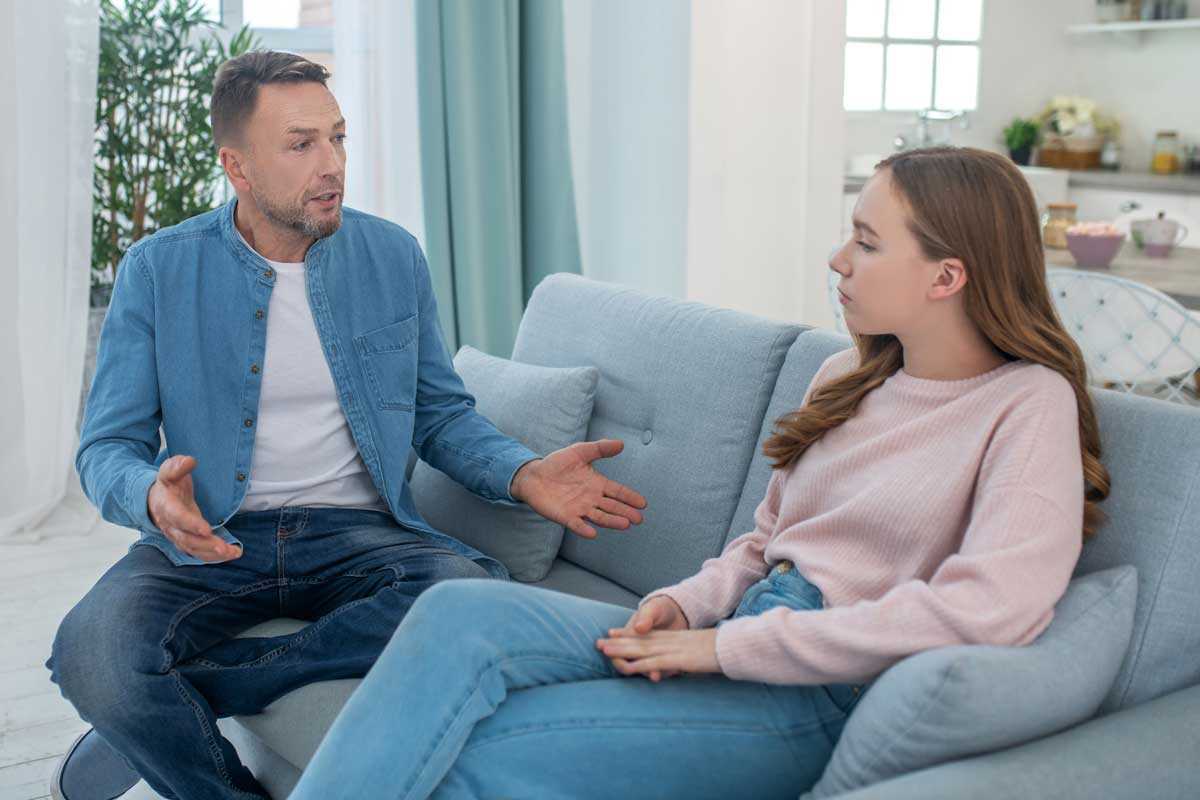 The pandemic has altered family life in unexpected ways.
The pandemic has altered family life in unexpected ways. 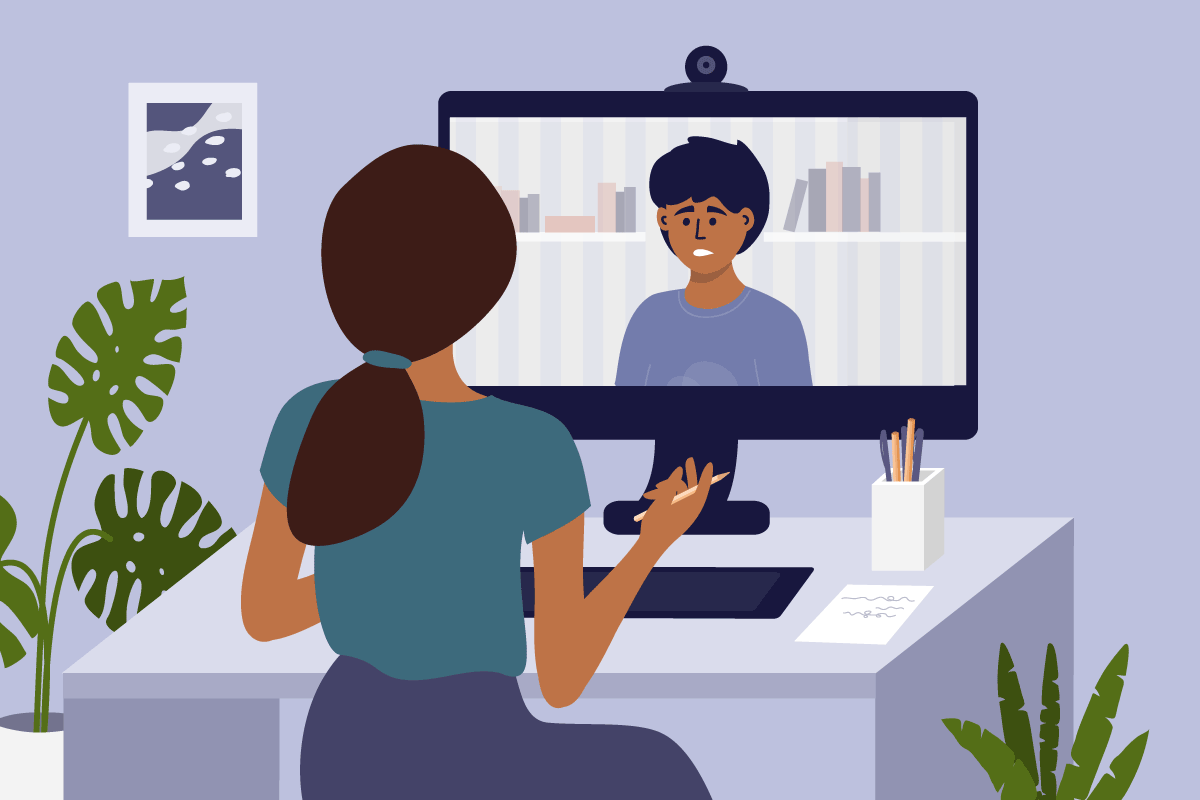 In 2018, I began a
In 2018, I began a 
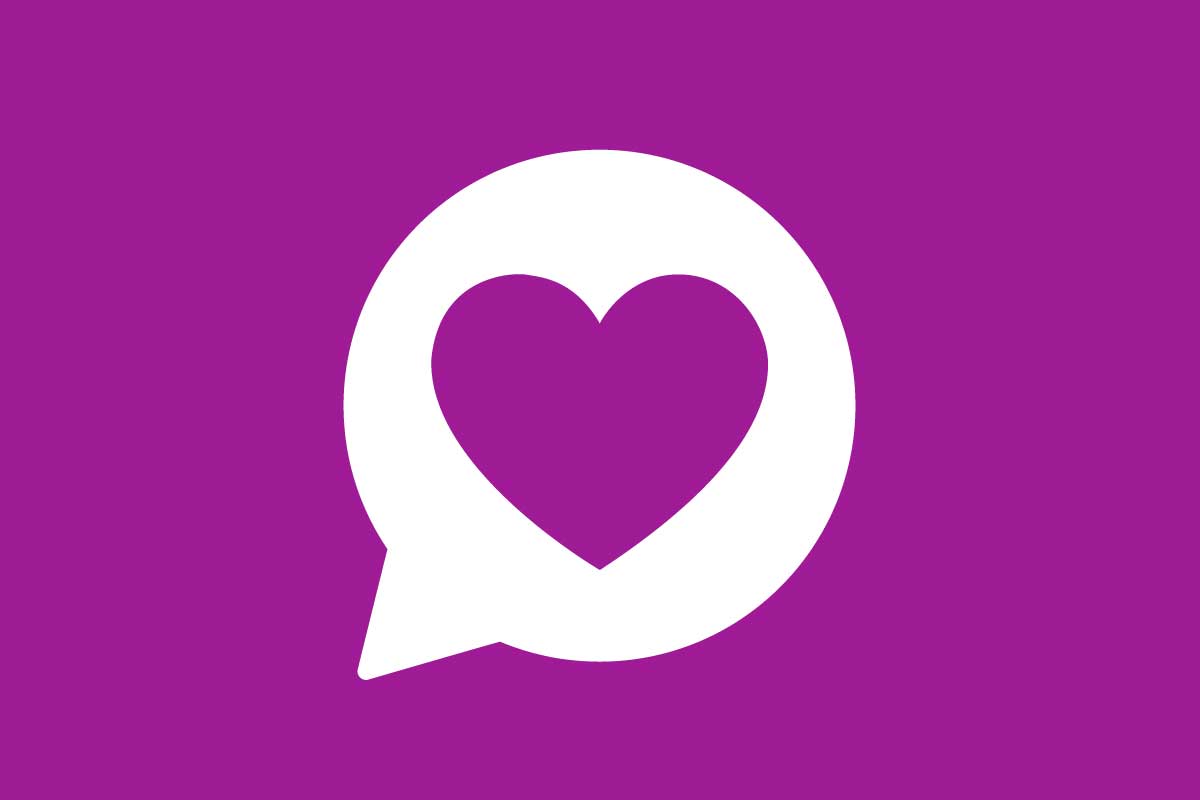 The callous killing of
The callous killing of 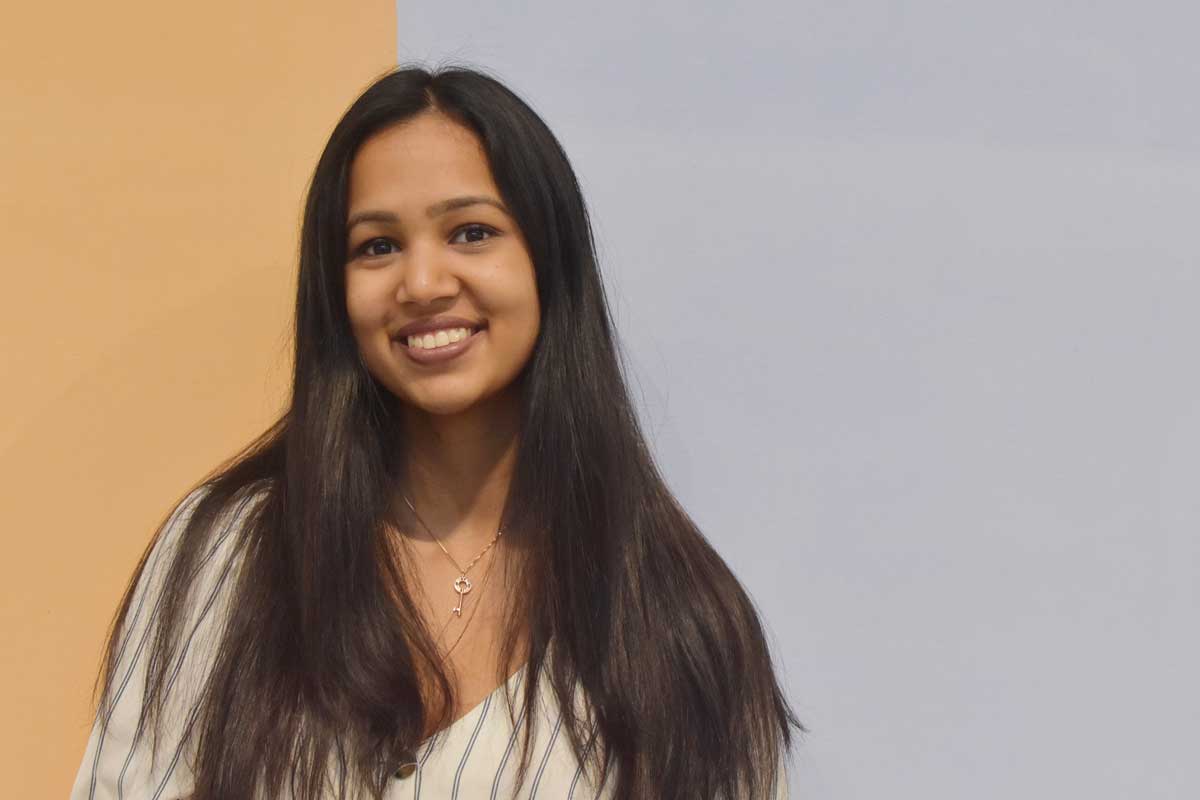 Sage Carson was raped by a graduate student in her sophomore year of college. In an article for
Sage Carson was raped by a graduate student in her sophomore year of college. In an article for 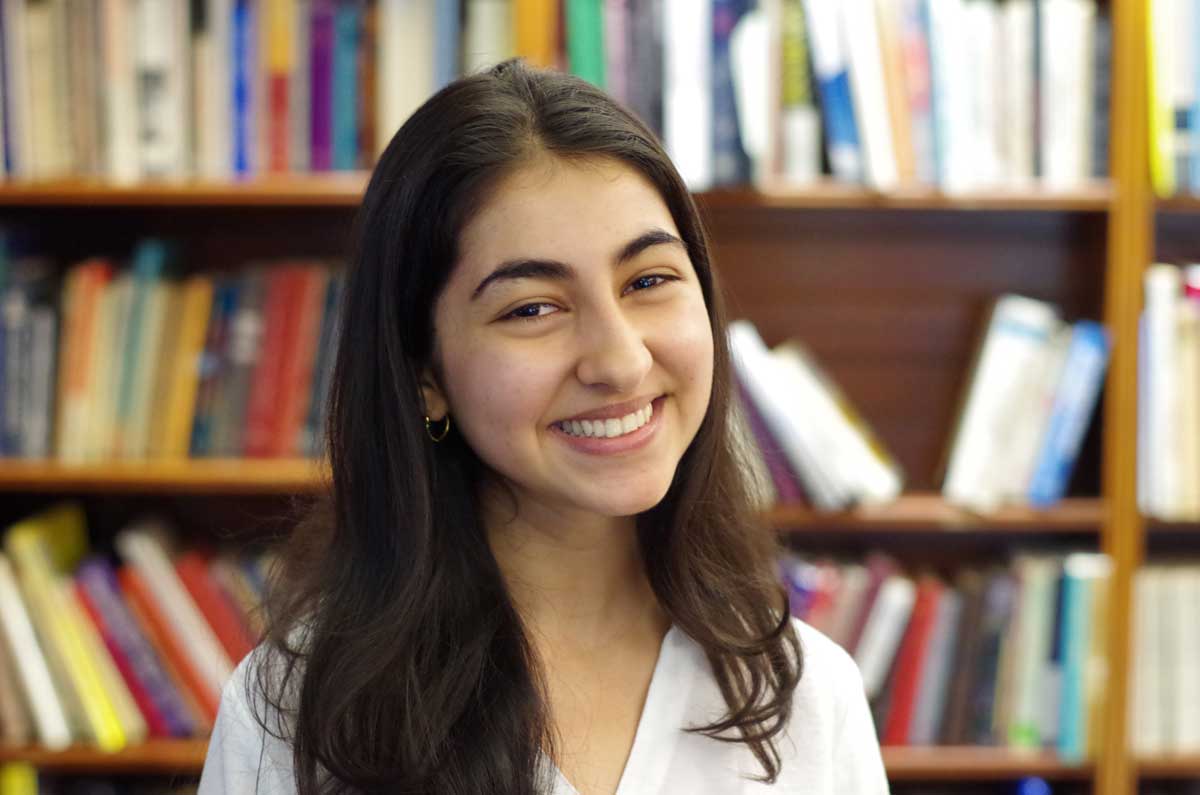 I never knew that I would have the opportunity to do social science research as an undergraduate until I got to Wellesley College. Towards the end of my first year, with my academic interests starting to gravitate toward Sociology and South Asia Studies, I knew I wanted to connect the concepts I was learning in the classroom to action-oriented research that produced tangible results for communities that I cared about. Through the helpful guidance of my peers, professors, and mentors, I discovered that I could get that opportunity by working at the Wellesley Centers for Women.
I never knew that I would have the opportunity to do social science research as an undergraduate until I got to Wellesley College. Towards the end of my first year, with my academic interests starting to gravitate toward Sociology and South Asia Studies, I knew I wanted to connect the concepts I was learning in the classroom to action-oriented research that produced tangible results for communities that I cared about. Through the helpful guidance of my peers, professors, and mentors, I discovered that I could get that opportunity by working at the Wellesley Centers for Women.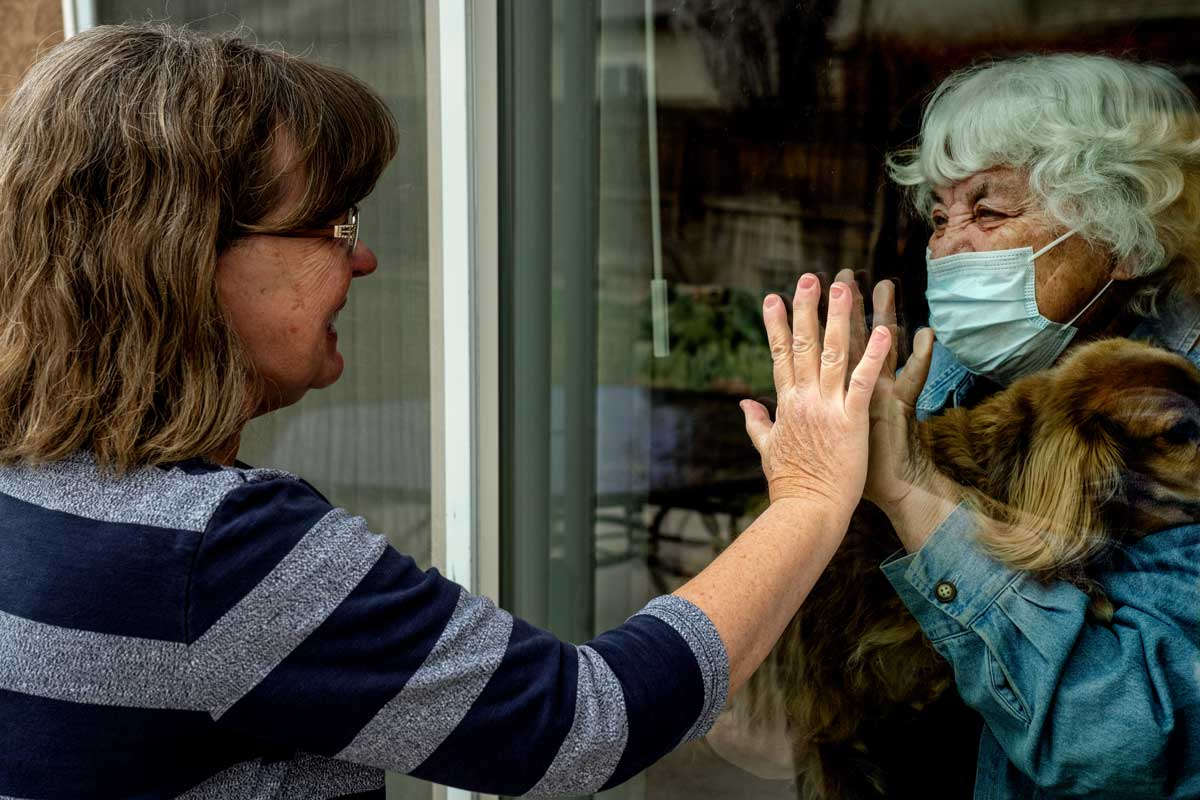 The challenges of isolation and loneliness have become apparent over the past several months of social distancing. Not only are we physically separated from our friends and extended families, but we’re concerned about their health and wellbeing as well as our own. We may be juggling childcare, homeschooling, and our own work. Or we may be wondering how we’ll support ourselves through this. We may know those who are sick, or who are high-risk, or who are essential workers putting themselves at risk for our sake. We may have lost people close to us. And we may feel powerless to do anything.
The challenges of isolation and loneliness have become apparent over the past several months of social distancing. Not only are we physically separated from our friends and extended families, but we’re concerned about their health and wellbeing as well as our own. We may be juggling childcare, homeschooling, and our own work. Or we may be wondering how we’ll support ourselves through this. We may know those who are sick, or who are high-risk, or who are essential workers putting themselves at risk for our sake. We may have lost people close to us. And we may feel powerless to do anything.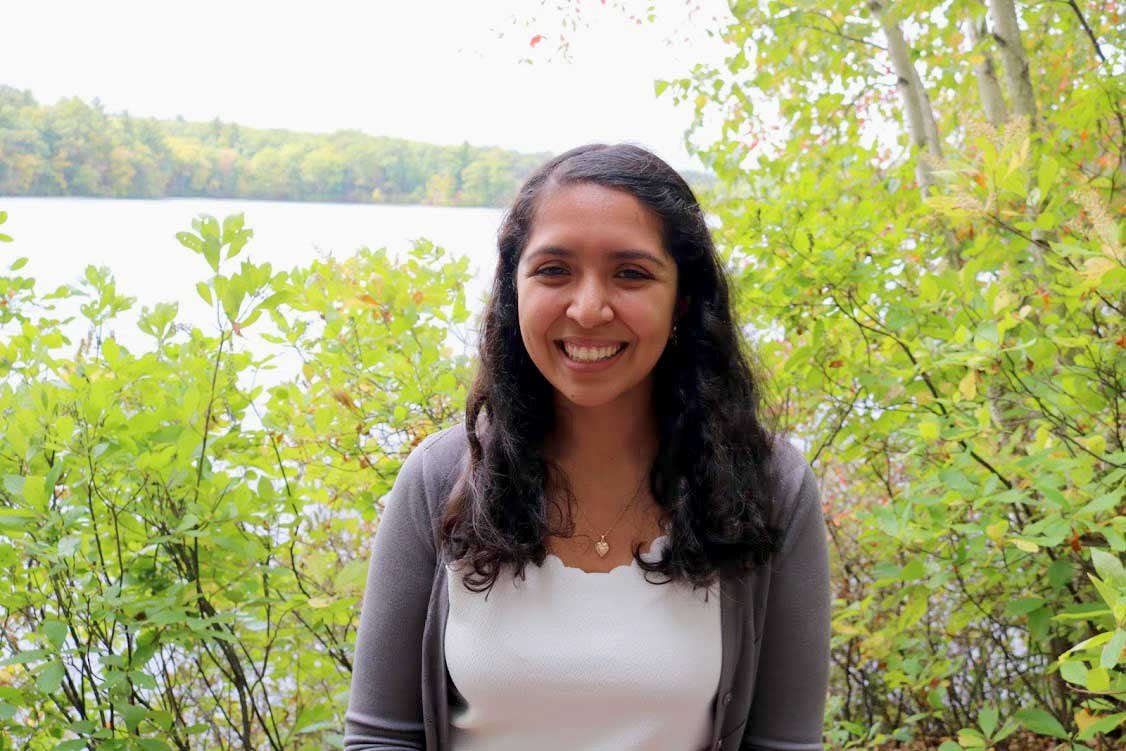 It is the spring of 2020, and my senior year at Wellesley College is not at all what I imagined it would be like. Before concerns about COVID-19 led
It is the spring of 2020, and my senior year at Wellesley College is not at all what I imagined it would be like. Before concerns about COVID-19 led 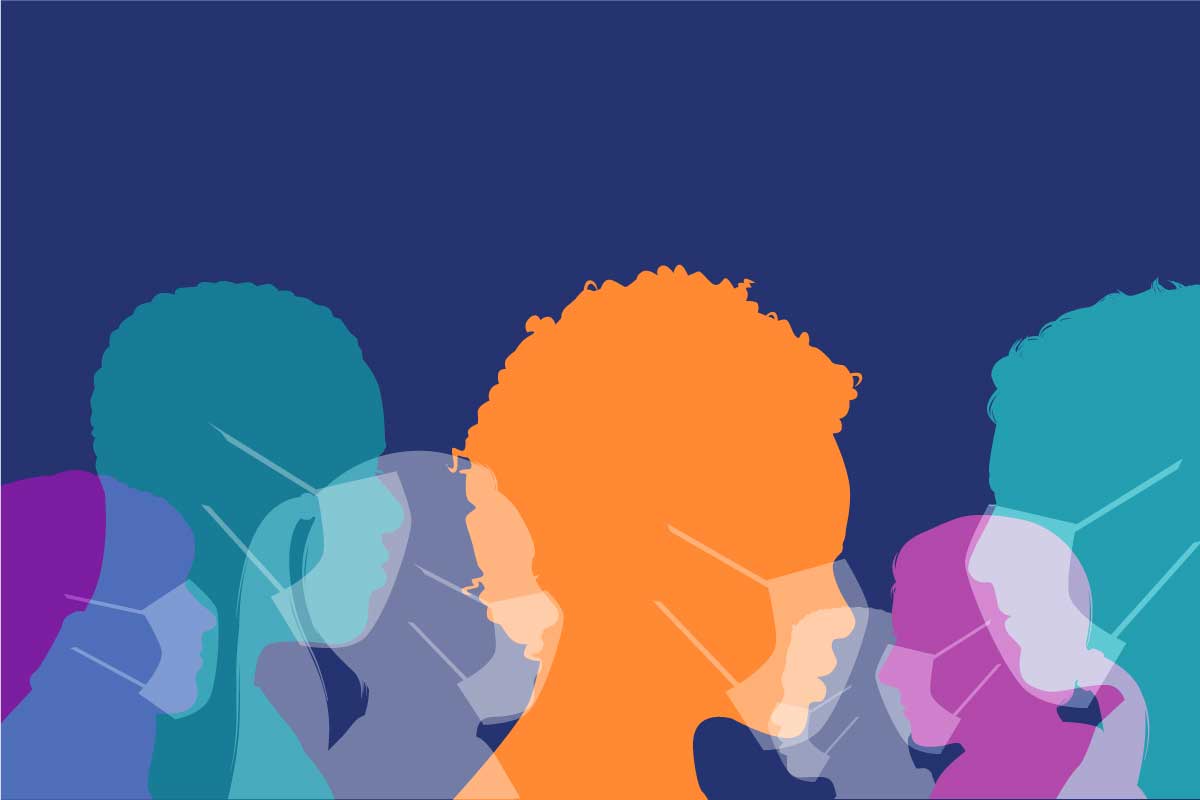 This
This  This
This 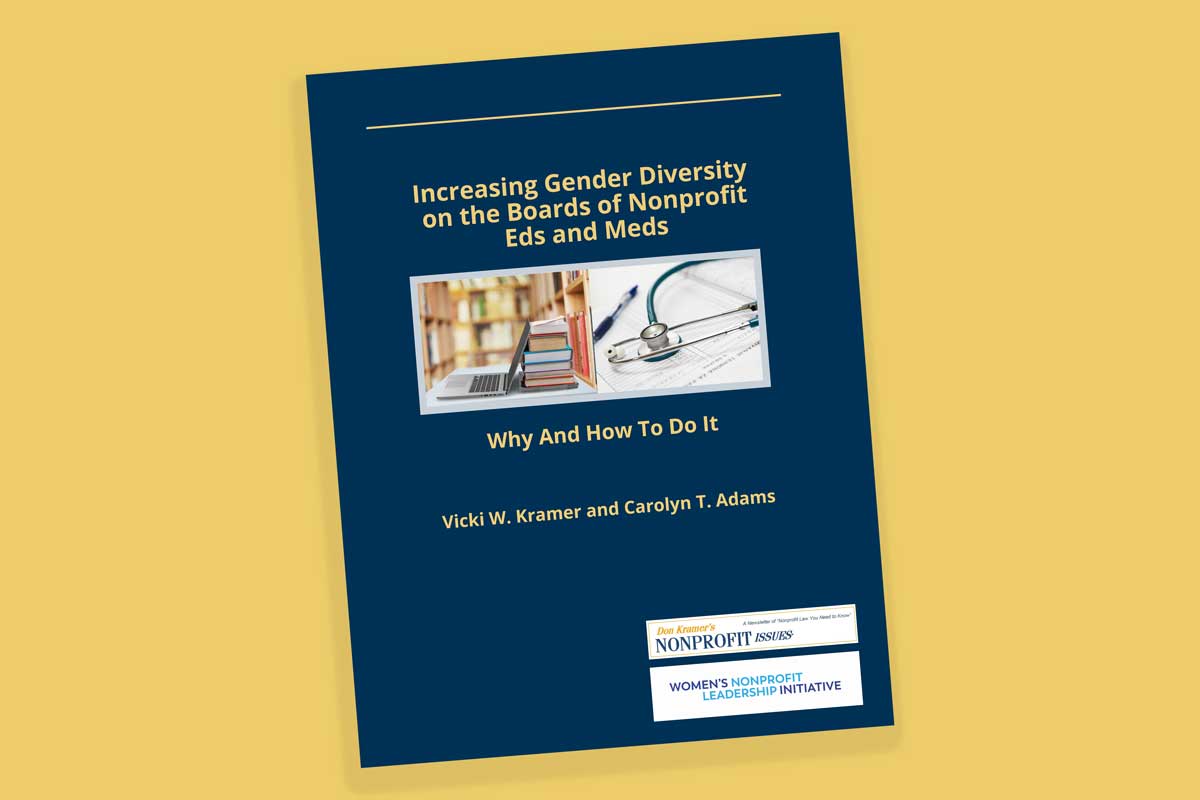 Hospitals and universities are facing challenges that many have never seen before as they respond to COVID-19. Universities are
Hospitals and universities are facing challenges that many have never seen before as they respond to COVID-19. Universities are 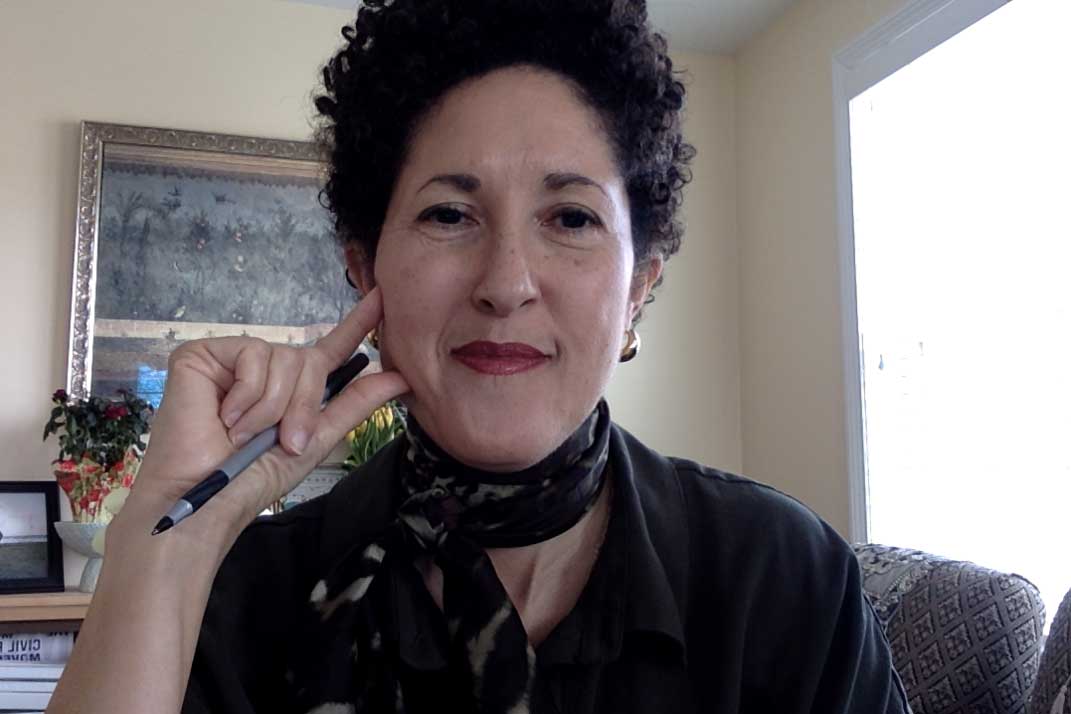 During this unprecedented time, our work at the Wellesley Centers for Women towards gender equality, social justice, and human wellbeing has taken on new meaning. As a society, we have become newly aware of just how fragile and precious human wellbeing is. And as an organization, we have been reminded of how deeply we care about the physical and mental wellbeing of our community — our research scientists, project directors, administrative staff, and supporters like you — as well as the larger global community to which we all belong.
During this unprecedented time, our work at the Wellesley Centers for Women towards gender equality, social justice, and human wellbeing has taken on new meaning. As a society, we have become newly aware of just how fragile and precious human wellbeing is. And as an organization, we have been reminded of how deeply we care about the physical and mental wellbeing of our community — our research scientists, project directors, administrative staff, and supporters like you — as well as the larger global community to which we all belong.